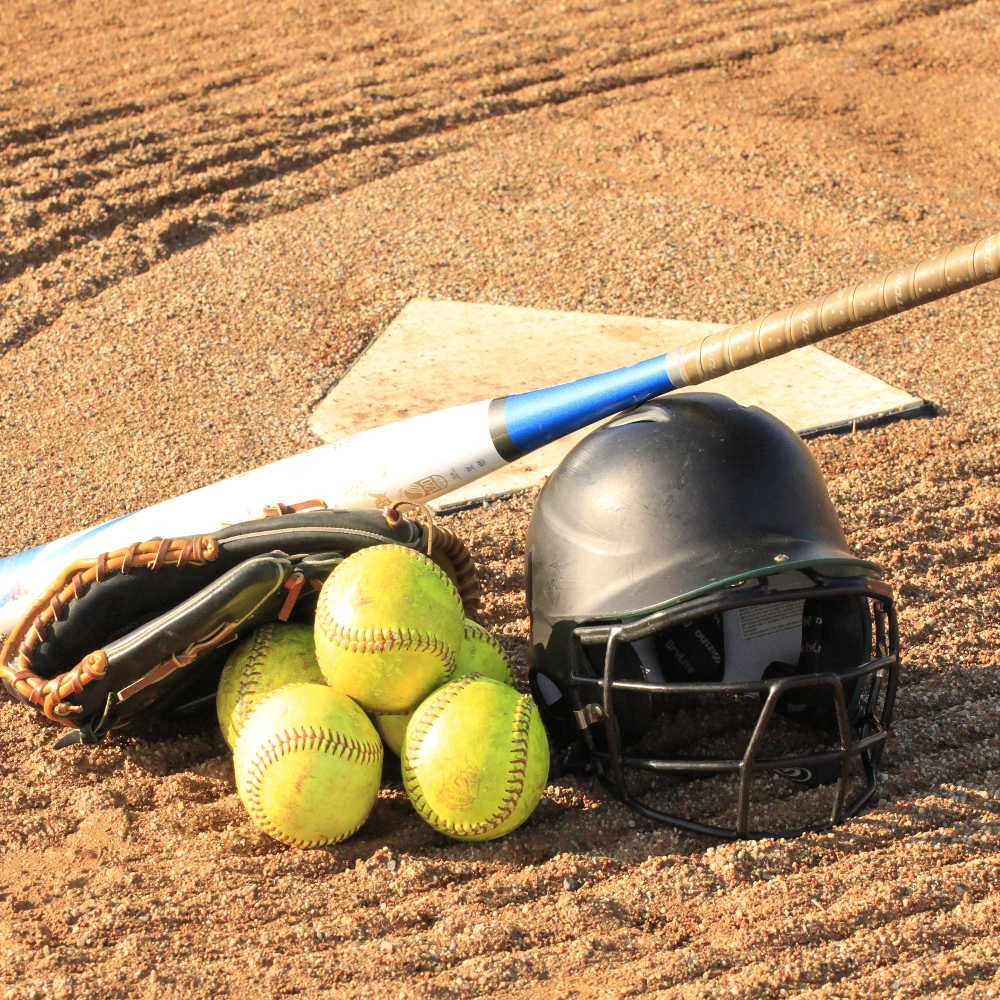what's hot, right now
..jpg)
addiction and recovery
..jpg)
business and finance
..jpg)
career and workplace
..jpg)
children and parenting
..jpg)
crime and law
..jpg)
education and schools
..jpg)
entertainment & celebrities
..jpg)
environment
..jpg)
family and relationships
..jpg)
food & cooking
..jpg)
health, fitness, and beauty
..jpg)
holidays
..jpg)
home and garden
..jpg)
how to
..jpg)
humor
..jpg)
lifestyle, fashion, & travel
..jpg)
pets and animals
..jpg)
politics and government
..jpg)
real estate
..jpg)
science
..jpg)
sex and romance

sports
..jpg)
technology
..jpg)
today's headlines
..jpg)
women's issues
